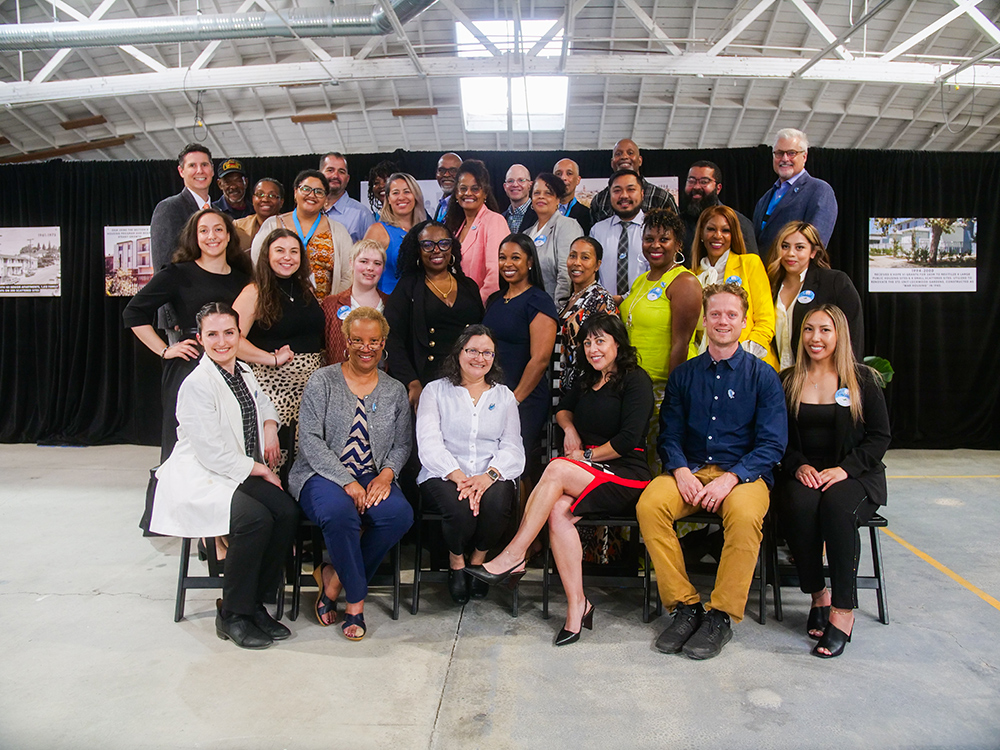
Fair Housing Act
Fair Housing Act
The Fair Housing Act, a federal law, covers most housing. In very limited circumstances, the Act exempts owner-occupied buildings with no more than four units, single-family houses sold or rented by the owner without the use of an agent, and housing operated by religious organizations and private clubs that limit occupancy to members.
How OHA Promotes Equal Access To Housing
OHA provides equal access to its programs by providing:
- Limited English Proficiency
- The Limited English Proficiency Initiative provides funding for creating and promoting translated materials and other programs to support the assistance of persons with limited English proficiency in utilizing the services provided by the Oakland Housing Authority. [Find the OHA Administrative Plan; Chapter 2, Part 3 on the Policies and Procedures Page
- Fair Chance Ordinance
- OHA follows the CA FHEO and City of Oakland Fair Chance Ordinance. Watch a video about Fair Chance Ordinance about it. Read the Fair Chance Ordinance pdf for more information.
- Reasonable Accommodations
- Outlined in detail below.
Reasonable Accommodations
Reasonable Accommodations is a change, exception or adjustment to a rule, policy practice or service that may be necessary for the person with a disability to have an equal opportunity to the Housing Authority’s programs and services. Learn more about OHA’s Reasonable Accommodations Process and how to apply.
If you need assistance, and are using a TDD device, please call (510) 587-7119.
For more information on Reasonable Accommodations, or if this is a domestic violence, dating violence, sexual assault, or stalking related request, please contact the Fair Housing Specialist:
Melissa Benik
(510) 874-1546
reasonableaccomodationvmb@oakha.org
Violence Against Women Act
The Violence Against Women Act (VAWA) is a law that provides protections for survivors of domestic violence, dating violence, sexual assault, and/or stalking from being discriminated against by certain housing providers because of the abuse committed against them. Despite the name of the law, VAWA’s protections apply regardless of sex, sexual orientation, or gender identity. For more information, please see the Domestic Violence Resources.
Please contact the Fair Housing Specialist at:
Melissa Benik
(510) 874-1546, For TDD call 510-587-7119
reasonableaccomodationvmb@oakha.org


